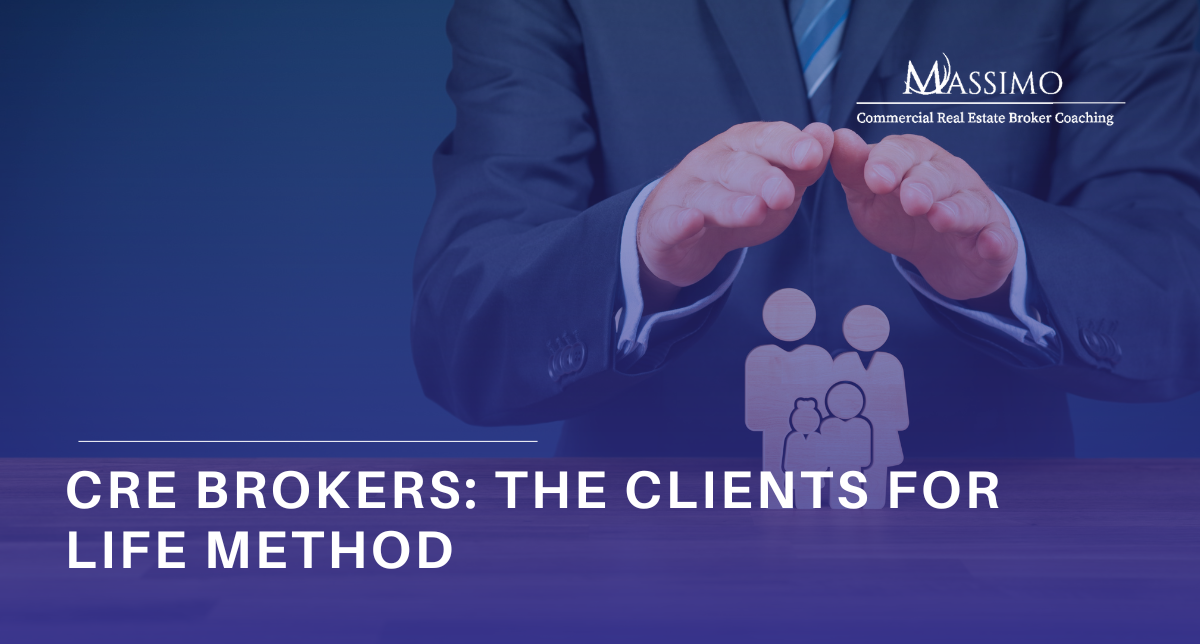Have you created social media accounts because you felt you had to, not because you understand its impact on your commercial real estate marketing and sales efforts? And do you question social media’s value because you don’t see the results?
I was the same way.
My opinion on social media and its impact on commercial real estate marketing changed, however, when I did these two things.
- I took the time to really look at how social media benefits each stage of the sales and marketing cycle. And . . .
- I applied tried-and-true marketing principles to turn my social media into a useful marketing tool.
How Social Media Benefits Each Stage of the
Sales and Marketing Cycle
Social media is all about sharing relevant content and nurturing relationships online, and it benefits each stage of your customer’s experience.
Attract
If the piece of content you share is valuable to your audience, there will be proof of this. It’s called “Social Proof”– the amount of interactions an article has on social media, which equates to votes of confidence. Search engines are now using Social Proof to measure high quality content. It makes sense. If people like your content, they will be attracted to and engage with it.
Convert
If your content is relevant it will spark your prospect’s interest, and links used in your social media posts will drive them to related content, initiating the conversion process.
Close
If you have effectively attracted and engaged people with useful content, you’ve begun to win their trust and earned the right to sell directly. You will now be in a better position to provide an offer to which they will be receptive.
Delight
One of social media’s strengths is the ability to create and foster 1-to-1 relationships. Use social media to listen to conversations in order to offer real-time customer service.
How to Make Social Media a Useful
Commercial Real Estate Marketing Tool
By applying tried-and-true marketing principles to your social media, you can make it a very effective sales and marketing tool.
Remember, your marketing shouldn’t revolve around pushing your service, and your social media shouldn’t either.
- Focus on the needs of your customers. Social media shouldn’t revolve around you, but around engagement with your followers.
- Establish yourself as useful resource and thought leader and share content from your professional network; share content that they would find helpful!
- Your effectiveness on social media will relate directly to how relevant your posts are to your audience. Like any good sales and marketing effort, it’s about the value you add to your customers and prospects.
Apply these points to your social media efforts and you’ll add real value to your commercial real estate marketing. How do you use social media in your commercial real estate prospecting and marketing practice? Let us know.






3 Responses
I think a big part you missed is participation in groups. Customer industry groups (Technology, startups,insurance, legal, Chamber of Commerce, IFMA, Corenet, in particular (as opposed to real estate, join these groups but for different reasons). Become a part of the target audiences for your services. These areas offer an opportunity to weigh in on common/interesting issues and post items of interest to the particular group. Participation creates visibility and comments or posts are both attractions and conversions stimulators. The number of likes and comments to posts made can be a great indicator of acceptance and status within the group. Consistent participation establishes someone as a regular or even top contributor building credibility and soft openings to future clients. Add to this you can learn a lot about their issues, concerns and outlook.
Great point, Lowell. Are you referring to groups that you would find within LinkedIn, for example?
LinkedIn, Google+, Facebook and more.